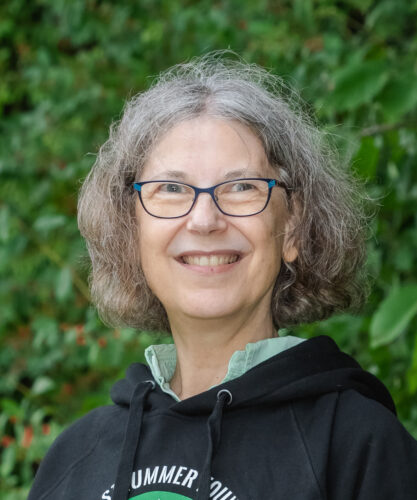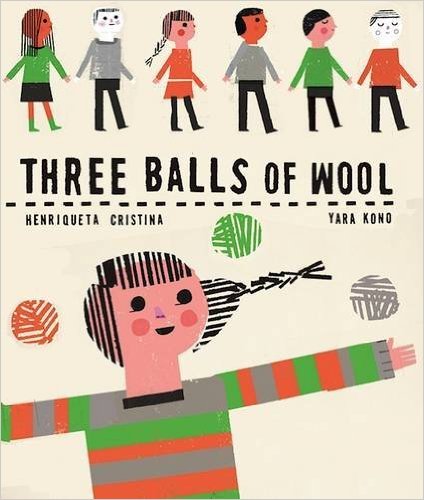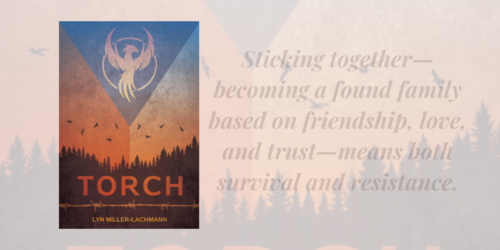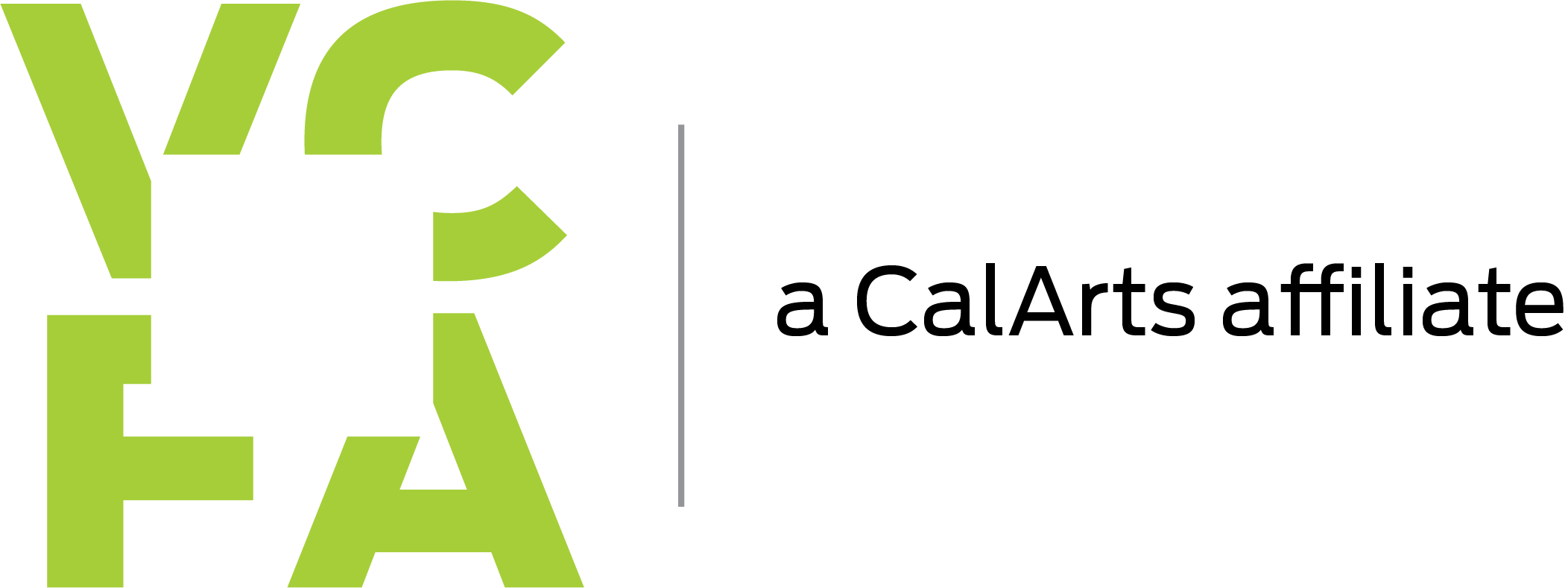Lyn Miller-Lachmann, 2012 MFA in WCYA
 VCFA alumnx Lyn Miller-Lachmann (WCYA ‘12) was awarded the distinguished Los Angeles Times Book Prize for Young Adult Literature in the spring of 2023 for her historical YA novel, Torch (Carolrhoda Lab 2022). In addition to this honor, Miller-Lachmann and Torch have received the following recognitions since publication:
VCFA alumnx Lyn Miller-Lachmann (WCYA ‘12) was awarded the distinguished Los Angeles Times Book Prize for Young Adult Literature in the spring of 2023 for her historical YA novel, Torch (Carolrhoda Lab 2022). In addition to this honor, Miller-Lachmann and Torch have received the following recognitions since publication:
- A Junior Library Guild Gold Standard Selection
- Booklist Editors’ Choice: Books for Youth 2022
- Kirkus Best Books for Young Adults of 2022 + Best of 2022: Our Favorite Teen & YA Books
- 2023 Notable Books for a Global Society
- CCBC Choices, 2023
- Bank Street College of Education Best Children’s Books, 2023 (Ages 14 and up) + Outstanding Merit
- Booklist Top 10 Historical Fiction for Youth: 2023
After her Los Angeles Times Book Prize win, VCFA spoke to Miller-Lachmann about Torch, the themes at play in her work, and what projects she’s looking forward to next. Read our interview Q&A style below. Thank you to Ceredwyn Bagley (WCYA ‘14) for providing the majority of the following interview questions.
The Q&A
Q: For those who may not be familiar with Torch, can you offer a brief summary of the book?
A: Czechoslovakia, 1969: Seventeen-year-old Pavol has watched his country’s freedoms disappear in the wake of the Soviet Union’s invasion. He’s seen his own dreams disappear too. In a desperate, fatal act of protest against the oppressive new government, he sets himself on fire in public, hoping to motivate others to fight for change.
Instead, Pavol’s death launches a government investigation into three of his closest friends. Štěpán finds his Olympic hockey ambitions jeopardized and must conceal his sexual orientation from authorities who could use it against him. Tomáš has already been accused of “antisocial” behavior because he struggles to follow the unwritten rules of everyday interactions, and now he must work even harder to meet the expectations of his father, the regional leader of the Communist Party. And aspiring film director Lída, Pavol’s girlfriend, is pregnant with his child, which brands her a traitor by association and upends all her plans. With their futures hanging in the balance, all three must decide whether to keep struggling to survive in the country Pavol died hoping to save… or risk a perilous escape to the other side.
 Q: We always love to learn about the story behind the creation of a project. What inspired you to write this historical novel?
Q: We always love to learn about the story behind the creation of a project. What inspired you to write this historical novel?
A: In addition to writing my own books, I translated children’s and YA books from Portuguese to English. A picture book I translated, Three Balls of Wool (Can Change the World), is based on a Portuguese family that fled the fascist Salazar dictatorship in the mid-1960s. They ended up in Czechoslovakia and soon discovered that this communist country did not offer the freedom they sought. My research for this picture book, which came out in 2017, led me to a wealth of books and films about the Prague Spring of 1968, the Soviet invasion that crushed this pro-democracy movement, and the fatal sacrifice of young people like Jan Palach, their futures on the line, who tried to inspire other Czechs and Slovaks to rise up against the occupiers.
Q: Torch addresses powerful themes of political oppression and personal struggle. As an author, what compelled you to explore these particular themes? And, secondly, why did these themes feel important to explore today?
A: Most of my books explore teenagers fighting against repressive societies. I think my interest in human rights and resistance to oppression comes in large part from having been relentlessly bullied in middle and high school for being different, while most of the adults dismissed my concerns or sided with the bullies. I grew up in a very conservative community where hierarchies were seen as the natural order, and those who were bullied deserved their fate because they were weak and/or had done something wrong to attract or anger the bullies. This ideology based on white Christian nationalism has had a resurgence in recent years, not only in the United States but around the world where authoritarian regimes are attacking both democracy and the open-minded, inclusive societies where science and freedom of inquiry are respected.
Q: Additionally, your novel explores the themes of resistance and fighting for change. How do you hope readers, particularly young adults, will be inspired by the story of Torch and its characters?
A: Torch shows that fighting for change is hard, and it has consequences. I want teens to be prepared for those consequences, but also to see that strength comes from the bonds of friendship, from sticking together. When they are separated and alone, Štěpán, Tomáš, and Lída can have everything they value taken away, but when they take the risk to join together and trust each other, they can accomplish almost anything. Repressive regimes try to break the bonds between people—getting people to hate each other for who they are—in order to maintain power. It’s a divide and conquer strategy, and it works. That’s why trust, friendship, and love are so powerful in resisting oppression.
Q: Torch delves into the experiences of LGBTQIA+ characters in a time of vast societal repression. Could you speak about the importance of inclusivity and representation in literature, and how you approached writing these characters’ stories?
A: Both LGBTQIA+ and neurodiverse people suffer under authoritarian regimes, which seek to make everyone the same under their ruling ideology. Štěpán and Tomáš try to hide how they’re different. Štěpán is closeted and racks his brain guessing who outed him to the police. Not even Pavol knows this, but Štěpán’s crush on Pavol is what motivates him to change from being a bully to an upstander who puts his life on the line for freedom and for his friends. Tomáš works hard to fit in, lest he be targeted as anti-social and sent to a psychiatric institution for finally speaking out against the hypocrisy he sees in everything his father represents. I see these two characters, who are in opposition to the regime simply because of who they are, as the vanguard of resistance, just as today, LGBTQIA+ and neurodivergent authors are among the most censored and among those speaking out against the book banners. Like the Soviet-installed communist regime in Czechoslovakia, the highly organized book banners want to make everyone read the same things, spout the same ideas, and conform to a narrow construct of family life.

Q: Congratulations on the remarkable success of Torch and the numerous accolades it has received! How does it feel to have your book recognized with prestigious awards like the Los Angeles Times Book Prize and being named an Editors’ Choice by Booklist?
A: Thank you! I’m thrilled with the reception Torch has received and hope it makes readers appreciate the values of democracy, freedom, and an inclusive society. When I accepted the Los Angeles Times Book Prize, I expressed my gratitude to all the people who helped me get to that point and also thanked the organizations and individuals fighting for the freedom to read so we don’t find ourselves in the situation of Pavol, Štěpán, Tomáš, and Lída, where strictly controlled information and a powerful police apparatus leave them no space to change their country or even envision another way of life.
Q: The Vermont College of Fine Arts’s MFA in Writing for Children and Young Adults program played a role in your literary journey. Can you discuss how the program contributed to your growth as a writer and helped you in the process of writing novels such as Torch?
A: Although I didn’t work on Torch at VCFA, the seed for my narrative structure was planted in my third semester, when my advisor, Sarah Ellis, gave me a reading list of third person omniscient and other multiple POV stories. At the time, I wrote mainly in first person, present tense—probably the most common narrative choice for YA because of its focus on voice and immediacy. But I was captivated by the idea of the collective protagonist, usually a family unit, in which individual stories come together into a collective story in which each character’s arc and decisions affect the fate of the group as a whole. Torch’s setting is perfect for a collective protagonist story because the kids are raised to consider the collectivity more important than the individual in their communist society, but in fact the regime turns them against each other to maintain its power. Sticking together—becoming a found family based on friendship, love, and trust—means both survival and resistance.
Q: How did the community and mentorship at Vermont College of Fine Arts influence your work as a writer, and how does the community contribute to your artistic practice today?
A: I have learned so much from my VCFA community. They’re my beta readers, and the people who push me to get out of my comfort zone and try new things—not only the multiple POV collective protagonist but also verse novels, picture books, and nonfiction for young readers. I’m still in a critique group composed of VCFA graduates and have returned twice as a postgraduate student, focusing on translation with Shelley Tanaka in 2015 and verse novels with Louise Hawes in 2018.
Q: What advice would you give to your peers looking to dive into writing a historical novel?
A: You should love the historical period, because you will need to immerse yourself in it. Imagine yourself as your character. What does your world look like? What music do you listen to? What other sounds do you hear? Who are your friends, and what do you do together? What’s served for dinner, and do you have anything to do with making it? You aren’t going to put every detail into your novel—only the ones that serve your story and that your characters care about—but you need to live vicariously in their time and place to know it.
Q: After achieving such success with Torch, what are your future literary aspirations and what new projects or ideas are you currently working on?
A: My next YA, Eyes Open, due out in spring 2024 from Carolrhoda Lab, is a verse novel that also explores a teenager resisting an oppressive regime. While chafing under the patriarchal right-wing dictatorship in Portugal in 1967, 16-year-old Sónia writes poetry to honor her boyfriend in prison for distributing subversive literature. But when she’s forced to leave school and work full time in a dangerous hotel laundry facility, she sees the difference between honoring a hero and being a hero.
In addition, my debut picture book, Ways to Play, illustrated by Gabriel Alborozo, is launching this fall from Levine Querido. It features Riley, who is autistic and whose unconventional way of playing with toys earns a lecture from Bossy Older Cousin—until the child and the family dog team up to demonstrate that there’s no right way to play.
Learn more about Lyn Miller-Lachmann’s work at lynmillerlachmann.com.

